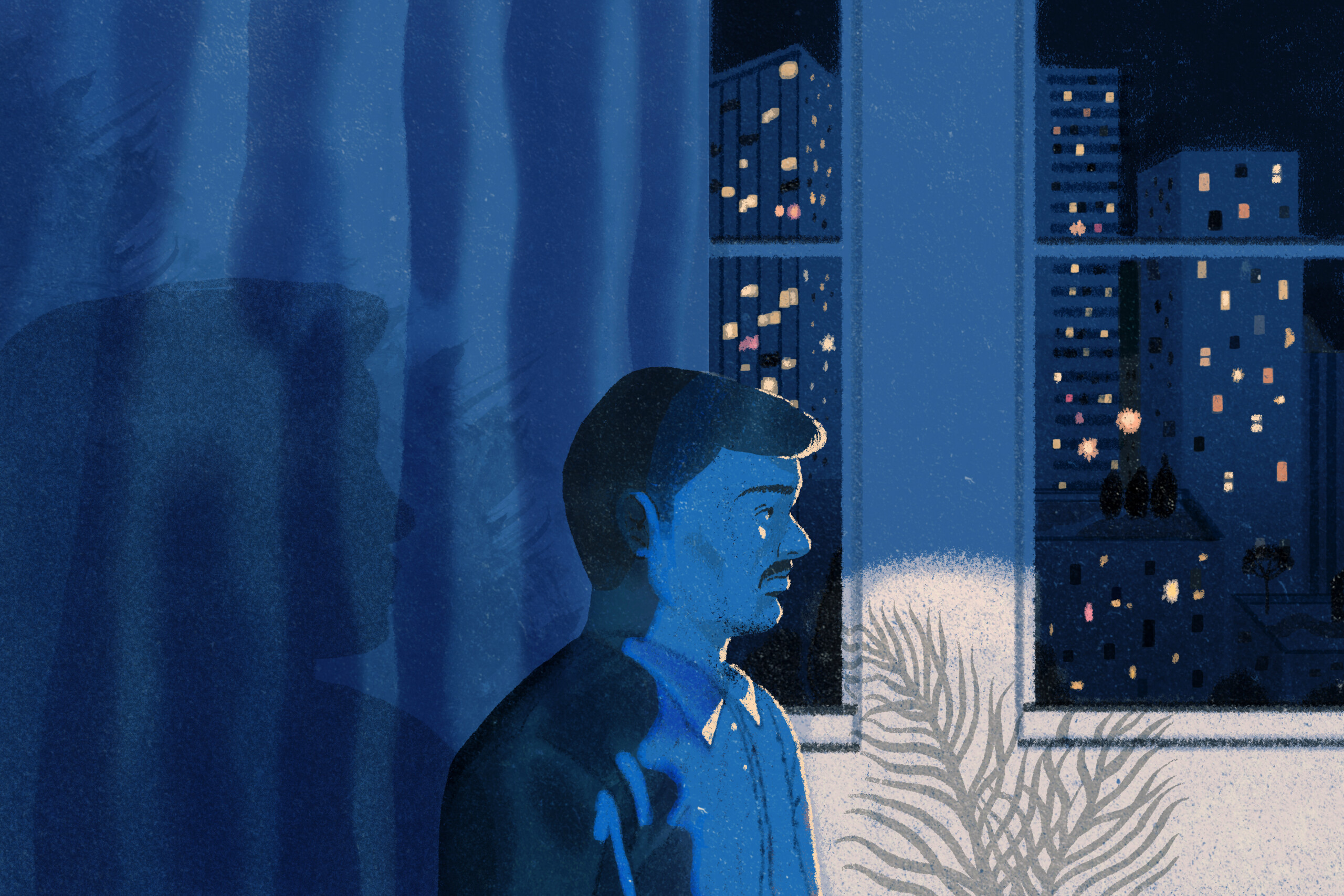Sign up for the daily CJR newsletter.
For more than a decade, Ahmad Noorani was an investigative journalist in Islamabad, Pakistan, working for the News International, one of the largest English-language newspapers in the country. He covered stories on tax evasion by the family of Imran Khan, Pakistan’s former prime minister; government agencies involved in fraudulent activities; real estate scandals; and other subjects few reporters would touch. Today, on the surface, his work is much the same—in 2020, he launched Fact Focus, a site where he publishes data-driven investigative pieces—except that he is in exile in the United States after being subjected to repeated attacks, both verbal and physical, from government officials and people he believes were hired on their behalf.
Noorani, who is forty-four and soft-spoken, with a square jaw and a well-groomed mustache, now writes about Pakistan as an outsider. In the years before he left, he received a threatening call from the Inter-Services Intelligence, Pakistan’s elite spy agency; he was beaten in the street; the government publicly condemned him for being “disrespectful”; he was fired from his job. Once he resettled abroad, he’d hoped to get back to working with media outlets in Pakistan, and perhaps to mentor young journalists there, creating a network for investigative reporters. But he has found himself limited. “Most media owners want to shy off from someone who is not liked by the military,” he said. “Your colleagues might support you, but if your employer feels intimidated, they would not want to work with you.”
With Fact Focus—which he got off the ground through a combination of savings and a GoFundMe, and now survives on subscriptions and donations—Noorani’s circle is smaller, mostly comprising reporters who are also at odds with authorities, but who remain in Pakistan. “When journalists face intimidation or are fired from their work, they reach out to me and we come up with ways in which we can work together on my news platform,” he said. Fact Focus has seven contributors; Noorani does what he can to fund their reporting, though there isn’t much money to go around. Sometimes, his colleagues volunteer their services—helping with research, verifying leaked documents. Stories have reported on the private businesses run by Pakistan’s army, the cushy retirement plans of military officials, and the unsavory details of politicians’ tax returns. “We are hoping that our good and big stories will convince people to contribute more,” he said. “There is no trend in Pakistan to finance the news initiatives. So I’m not very much clear on how this will go, but I am hopeful.”
Still, he said, “I don’t publish as much as I would love to.” Coming to terms with the risks that his work has placed on his family—his wife and children remain in Pakistan—has meant sacrificing some of his ambition. “My drive for things I used to enjoy waned,” Noorani said. He’s struggled to adjust to life in the US, which is often lonely, and he has never felt completely safe: “You are always watching your back.”
Authoritarian leaders routinely test reporters’ resolve; according to Reporters Without Borders, Pakistan is one of the world’s deadliest countries for journalists. Media outlets operate independently, but rely on state funding, and the material they publish is highly regulated. A vaguely worded Protection of Journalists and Media Professionals Act, enacted in 2021, prescribes reportorial “conduct”; violators are subject to criminal prosecution. Daniel Bastard, the head of the Asia-Pacific desk at Reporters Without Borders, described constant harassment of media professionals, who frequently resort to self-censorship. “When you are prosecuted, abducted, beaten, threatened to death because of a story you published or broadcast,” he said, “you become terribly aware of the risks you take in covering other sensitive subjects.”
Noorani had received warnings for years: bureaucrats would tell him to stop reporting, threatening to harm him and his family; people he believed to be affiliated with the government would knock on the door of his house and pelt his car with stones. “It was almost like I was being followed everywhere,” he said. At one point, he hired a driver to take him out and follow some leads, and the car was ambushed by a group on motorcycles. “Suddenly, I was surrounded by around seven men who were armed.” They demanded that he stop writing about the military. “They started raining blows on me,” he recalled. “I fell down. I thought I was going to die.” The men struck him with iron rods—in a coordinated manner that suggested army training—then sped away. Noorani lost consciousness. To his good fortune, passersby picked him up and took him to a hospital. “I had survived, but I was sure they would come for me again,” he said.
These days, Noorani worries that his relevance back home has diminished. “I try my best to follow stories from here in the US, but it is not the same,” he said. “As an investigative reporter, it is much easier when you are on the ground and have an easier access to sources who you can observe.” Still, he made waves last fall when he published an exposé about the wealth accumulated by Qamar Bajwa, Pakistan’s army chief. The government of Pakistan responded by blocking Fact Focus and filing a case against Noorani for illegally accessing documents. “There are people within the tax office who were arrested and wrongfully accused of leaking the data to me,” he said. As much as he would love to go home, he added, he’s too afraid: “If I return to Pakistan, they will not hesitate to lock me in—or do something worse.”
Has America ever needed a media defender more than now? Help us by joining CJR today.







